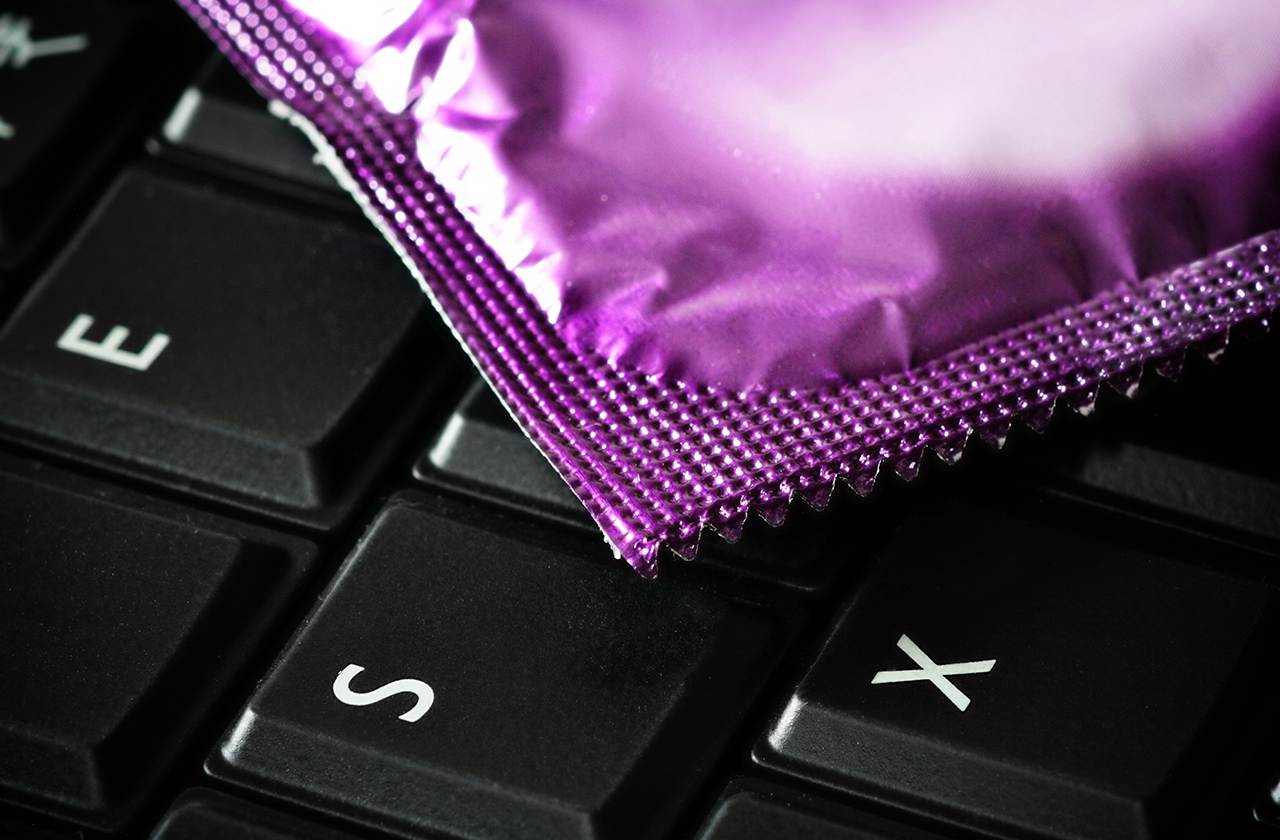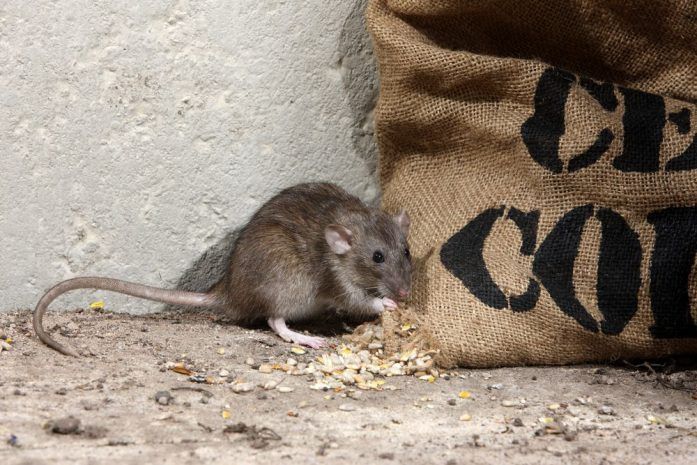The Ashley Madison scandal reached its peak when hackers published private users data on the darknet. Allegedly two suicides followed the incident and the sticky situation turned out to be fatal. We can giggle unstoppably about cheaters receiving just deserts but no one has canceled the inalienable human right to privacy.
Whoever you are — an official hiding an affair, a decent citizen logging on a dating site or even a free-thinking spouse buying a new sex toy for a partner —you’d prefer to keep these private. Here are 6 simple steps on how not to get discovered the next time you have fun.
https://twitter.com/kaspersky/status/634349398198218752
1. Never use your main email or corporate email addresses. In case of data leak your colleagues might be surprised to find you in the list of fun-loving people. If you have an official position, inquisitorial Internet nerds will surely browse through the leaked data and reveal their findings — just as they did with the Ashley Madison clients.
https://twitter.com/MisterMetokur/status/633748154450513921
2. If possible, pay in cash or use gift cards (bought beforehand with cash) to be sure that a seller does not record your name and address and you preserve the anonymity. At least, you can use a one-time virtual card to protect your main card account from hackers.
Why Germans pay cash for almost everything http://t.co/CPXRSfEY4e pic.twitter.com/HeJ1W9h8Zh
— Quartz (@qz) June 12, 2015
3. Linking your profiles on a website with your Facebook and/or Instagram accounts is not a very good idea. Mainly because of burglars and fraudsters. People often post status updates when they go on vacation, check in at the airport or publish photos with newly bought goods, including jewelry and gadgets. Doing this is a perfect way to invite burglars into your house or ask a fraudster out to a date. Maybe, it’s time to think of fortifying your Facebook with proper privacy settings?
Posting your vacation details on Facebook could open your home to burglars. http://t.co/B7nafAqGYy
— Intl. Business Times (@IBTimes) July 11, 2013
4. If you need super privacy, don’t use your real surname. Restrict yourself to a name only or choose a nickname. Having your last name and photo, anybody can easily find you on Facebook. Or LinkedIn. You can keep your FB profile private, but it doesn’t make sense when it comes to LI.
Securing intimate activities: Don’t let your spicy stories leak online #privacy #security
Tweet
5. Don’t believe people on a dating site. A sexy blonde can easily turn out to be a bored bearded man or robot. Do you remember the actual number of women on Ashley Madison? Of the sdvertized 37 million registered users, only about 12,000 of active accounts belonged to real women. Most of the others, as it turned out, were either men or bots.
EXCLUSIVE: Meeting a woman on #AshleyMadison as likely as 2026 World Cup in space http://t.co/VpMnnKlpp5 pic.twitter.com/XqRQErV3UP
— The Sun (@TheSun) August 29, 2015
6. Many companies would try to fish your personal data out of your browser, including search history, location and other private things. And they would not ask your permission. Want to stop them? The best measure you can take is to rely on professional solutions. And of course, Kaspersky Internet Security is quite the catch, because its Private Browsing feature guarantees that your personal data will not leave your device until you permit it.
The superpower of protection: Kaspersky Lab 2016 product line is here https://t.co/8R0wgJaw2w pic.twitter.com/mdvJBo82Pv
— Kaspersky (@kaspersky) July 30, 2015
Unfortunately, the majority of dating sites, intimate shops and other piquant web resources have very poor security. If they cannot offer safety we should care about it on our own — or regret of our frivolity afterwards.
 Ashley Madison
Ashley Madison

 Tips
Tips